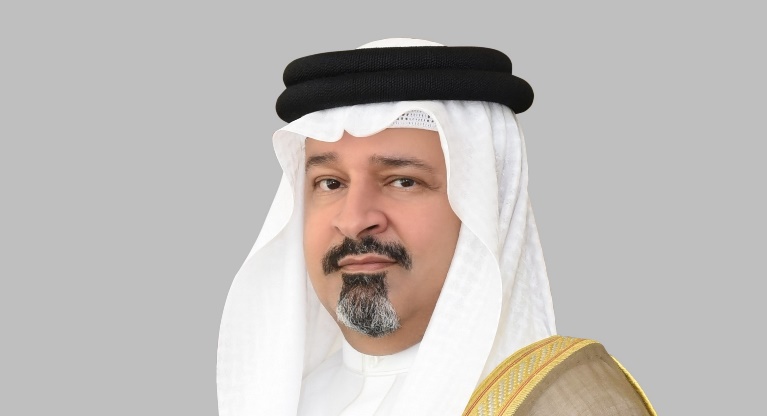
Sheikh Ahmed bin Mohammed: Keeping Pace with the latest developments to improve results and services.
His Excellency Sheikh Ahmed bin Mohammed Al Khalifa, Auditor General of the National Audit Office (NAO) of the Kingdom of Bahrain, stressed that the work of audit institutions is governed by the principle of protecting public funds and verifying their proper management. He highlighted the importance of development, modernization and keeping pace with the latest advancements to raise the level of results achieved and services provided.
In his address in the Journal on Financial Control issued by the Arab Organization of Supreme Audit Institutions (ARABOSAI), he indicated that Forensic Audit has proven in practice to be an effective and reliable tool in enhancing audit methods achieving more specialized and technical results.
H.E. Sheikh Ahmed defined forensic auditing as a specialized audit aimed at detecting cases of corruption and fraud of a financial and administrative nature. He continued that investigative or forensic auditing included submitting reports on the results to the judicial, state and competent authorities with recommendations on how to avoid abuses.
He pointed out that the NAO had enhanced the skills and capabilities of its employees in the field of investigative auditing in cooperation with reputable international institutions and had encouraged and supported its staff to obtain professional forensic auditing qualifications to be able to provide recommendations to the entities covered by the NAO’s audit mandate to address weaknesses and strengthen regulations.
H.E. Sheikh Ahmed indicated that the NAO had completed a set of investigative audit reports during the past two years that had been well received by those concerned at the highest level in the Kingdom. He stressed that NAO’s aspiration was to expand its investigative auditing work which required enhancing its forensic audit capabilities through periodically reviewing related policies and manuals and updating relevant audit tools to keep up with the developments in that field.
The latest statistics show that until the middle of this year, the NAO completed 11 investigative audit reports, which included many of the entities under its control, while it is currently carrying out three new missions. These reports were prepared in parallel with the regular tasks and reports carried out by the NAO.
In his address, H.E. Sheikh Ahmed said, "Development, modernization, following up on and keeping pace with the latest developments in any profession and work remains the most important way to ensure success, continuity, and improvement of results and services, while maintaining rules and regulations in line with the laws, and determining requirements which certainly applies to the various types of audit work.”
H.E. the Auditor General of the NAO called on the members of ARABOSAI to increase coordination and cooperation to develop and implement initiatives and training programs aimed at building capacity and exchanging experiences in various areas of specialized auditing with a focus on investigative auditing.
The NAO, which is one of the products of the reform project of His Majesty King Hamad bin Isa Al Khalifa, was established in 2002 and began its duties in 2003. It carries out its duties through auditing, inspecting, examining and reviewing and does so on its own initiative or upon the request of the entities subject to its audit. The inspection may be sudden, and the audit carried out may be comprehensive or selective.
The NAO carries out financial audit by examining and reviewing the final accounts of the State and the entities subject to its audit, performance audit by assessing the performance of audited entities based on the principles of effectiveness, efficiency and economy, and compliance audit by examining the extent to which the entities subject to its audit comply with the laws, regulations, decisions and procedures related to their tasks and responsibilities.
The Arab Organization of Supreme Audit Institutions (ARABOSAI) was established in 1976 and is one of the regional organizations accredited by the International Organization of Supreme Audit Institutions (INTOSAI). Its members consist of all the Supreme Audit Institutions (SAIs) in the Arab countries that are members of the League of Arab States.
Content last updated: 26 February 2026
Thank you for your opinion!